
A look at the new drug and alcohol policy
It’s the first week of school, and students and teachers are reconnecting with the general rhythm. Blank notebooks, fresh pencils, course syllabi, and learning a new schedule are standard fare. But this year there’s an addition to the agenda: a new substance policy.
The substance abuse policy in the Student Handbook has been revised for the ’09-’10 school year, so we sat down with WHS Principal Tutwiler and asked him to walk us through the new policy.
WSPN: Can you tell us what inspired the new drug and alcohol policy? Why did the school decide to change it this year?
Tutwiler: This actually came out of an issue that happened last fall, where two students violated the chemical health policy and received different penalties. The reason was that they were both students athletes, and we allowed coaches a wide latitude in determining what the penalties would be if there was a substance abuse infraction.
So as you can imagine, this raised some questions, and it was actually the school committee’s suggestion that we review our policy. I guess one way to do it would be to just focus on that one piece, but we thought it smart and appropriate to review the entire policy. Is this a policy that we think is:
- effective?
- fair?
- a policy people know about, respect, and adhere to?
There were resounding “no’s” to all three of those [criteria], so we decided to start from scratch.
WSPN: The previous substance policy was very clear: no using, selling, or possessing drugs illegally – anytime, anywhere, period. However, according to the 2008 Wayland Youth Risk Behavior Survey, 45-89% of students were using drugs illegally. Clearly many students just didn’t follow the old policy. What are your thoughts on why the old policy was ineffective?
Tutwiler: Well, we have to first understand that the sphere of influence for the policy doesn’t extend much beyond 264 Old Connecticut Path. When students are honest and they report that they’ve used alcohol or some other controlled substance, there’s an assumption that this isn’t happening on campus, that it’s happening off campus.
I can’t really put my finger on why the use was still that high, when there was a clear declaration of the school’s values and beliefs around substance abuse, but we need to do more. We need to do more education. We need to be sure that our expectations are clear, and we need to make sure that we’re responding with the appropriate interventions when the students are in bad shape.
WSPN: So based on this past experience do you think the new policy will be more effective?
Tutwiler: Yes, because this is part of a broader effort to curb or lessen substance abuse among the Wayland student population. Yes, we have a stronger, clearer, and I think more effective substance abuse policy, but we also have the work being done by the [Wayland Substance Abuse Prevention] Coalition. The Coalition is focusing on parent information. They hold parent coffees that bring parents up to speed on the issues and concerns around drinking and substance abuse, and how they can facilitate a conversation with their child around these sorts of things. I think that partnership will result in a reduction in use or reported use. At least that’s the goal.
I think this represents change, and change is a process, not an event. It’s not a situation where we’re going to look at the Youth Risk Behavior Survey two years from now and say, “it’s all the same.” It’s a process; it’s probably going to take a little while until we see the effects.
WSPN: I imagine that writing a substance policy is a tricky. Your goal is to get all students substance-free, but you want to keep students who are using substances as safe as possible, and there are ways to do that. Make sure students aren’t driving, that they’re taking care of each other, that people are looking out for each other. Is there anything clearly set out in the policy other than prevention, designed to keep students safer?
Well there are a couple of things that speak to this question. One is the over-arching philosophy. I really hope that people read this part. My guess is that people scroll down to the part where the penalties are. Right away it talks about the philosophy, and it’s a very simple 3-step philosophy.
1. We want to educate students about the dangers of substance abuse.
2. We want to make sure that we have the right intervention supports for students who aren’t safe because they’re using. We want to help deliver them from that state by providing the student and family with support resources.
3. We want to deter use through disciplinary measures.
That’s really important; it gets to the meat and potatoes of the safety umbrella, if you will. The other piece is that there’s a clear declaration of what we expect students to do when they observe other students using. Last year there were maybe more, but two deaths come to mind — young students who died for reasons related to alcohol, and it had a lot to do with being left when they were under the influence.
One was a student on the South Shore, I forget the name of the school, who wandered away from a party and died. The other was a lot closer to my home in Andover. A student wandered away from a party, and died. Both students were under the influence of alcohol.
So there’s a statement in there that under no circumstances are you to leave a student who you think is unsafe or under the influence. Do something, call the parents, call the police. You can do that. You can call and just say “listen you need to go to this address and see what’s going on.” Call someone, do something, but don’t leave students who are unsafe in an unsafe situation.
WSPN: I was hoping you could help me with a scenario that students might run into. Let’s say that substance-free students go to a party where they know that there’s drinking or drug use. They’re already violating the policy because they know there’s going to be drinking or drug use.
Tutwiler: They know there’s going to be substance use?
WSPN: Yes, they know there’s going to be substance use. They know it’s there, they see it happening. Later that night, another student becomes sick and needs medical attention. Under the expectations section, that substance-free student is expected to stay with the ill student, and call the police. In this scenario, do they get in trouble for helping the ill student if they call and stay with them?
Tutwiler: Absolutely not. However, my suggestion to the entire student body is that, if you know before the party even happens that there’s going to be illegal substance use there, my recommendation, my expectation is that they don’t go. I don’t know if people have seen the posters hanging up from the Coalition that say “Yes we can, change attitudes, change norms.” That’s what this is about. Changing a norm.
I think that this is a very serious issue, which resulted in death last year with those two local students, and over the years… quite a few. We need to take this seriously. I’m unwilling to sit by with my fingers crossed, hoping that nothing bad happens, when we could be more proactive and set up very clear expectations, and set up the appropriate interventions and resources to avoid these things from happening. My statement to students is that if you know that there is going to be illegal drug use or alcohol use, find something else to do. There are other things to do in this town.
WSPN: There are other things for students to do, but considering that roughly 50-90% of WHS students use substances illegially, that’s a pretty sizable chunk. Do you expect it’s going to be hard for substance-free students to follow this policy to the letter? Do you think that they’re going to be ostracized? What do you think it’s going to be like for them?
Tutwiler: Well while there are admittedly events at which there is alcohol or marijuana or what have you. There are also events where there is not. I receive information all the time about parties that were completely substance free. No one there was under the influence, and there was nothing being consumed or used there. So from where I sit, I don’t buy the argument that students who don’t go to the parties where there’s alcohol and drugs being used will then have no social life. I just don’t buy it.
WSPN: I’m not saying that there would be no social life, but if you look at it in a simply numbers way, if you take 10 students at random, anywhere from 5-9 of them are likely to be using drugs. You’re left with 1-5 people who aren’t. That’s a pretty big cut.
Tutwiler: And all the more reason for us to begin with a policy that goes in the opposite direction. Now my mother raised me never to answer questions with another question, but I would say… wouldn’t it be better for you to act in a way that doesn’t endorse or encourage those behaviors by not going then by going and letting them do or watching them do whatever it is that they’re doing that’s bad for them?
WSPN: When looking at a number of other local high schools’ substance policies, there seems to be a standard. Concord-Carlisle, Lincoln-Sudbury, Natick, and Weston’s policies are all very similar. They only apply on school grounds, during school hours, and at school-related events. Why are different standards being set in Wayland? Do you think it’s going to be tricky for students to have kids all around them with a different set of rules?
Tutwiler: I don’t, and there are other communities that have standards that mirror ours like Brookline and Millis. So it’s not unprecedented to do what we’re doing, and one standard that does exist for all of the schools across the state, put forward by MIAA, does go beyond school grounds. From the start of pre-season to the end of the last playoff game in the spring, if you play a sport, you’re under that MIAA rule. So we’re mirroring that a little bit. I don’t think that’s going to be a problem.
I think if you went and asked any student what Weston’s substance abuse policy was, they wouldn’t know, and they wouldn’t care. But you do raise a good point. Why haven’t other schools gone to similar things? I don’t have an answer for that, but some have in the Boston Metropolitan area. I would say that we’re joining forces with people who think it’s appropriate to set the bar pretty high, if you feel serious about this.
WSPN: The class that just graduated was well known for getting each other home safely by using designated drivers. Is this policy designed to discourage high school students from using or being designated drivers?
Tutwiler: It is not. As a matter of fact, if a student is driving another student home who is under the influence, they are not in violation of any aspect of our policy. It’s only when you’re in the presence of someone using drugs or consuming alcohol.
If you’re there next to them while they’re drinking or smoking, then you’re in violation. If you drive to the party and pick them up, you’re not in violation. But to be clear, some outfits like SADD discourage the whole notion of designated drivers, because they feel that it endorses those behaviors. To go on record, our policy doesn’t hold those who act as designated drivers as committing an infraction against the policy.
WSPN: Okay, but in the policy it says that “no student shall voluntarily be in the presence of nor voluntarily attend a function where drugs and/or alcohol are being used illegally.” So that doesn’t encompass designated drivers?
Tutwiler: Not necessarily. Again, if you have a student who’s under the influence, that doesn’t mean that you were there when they were using whatever it was. Let me paint a picture.
As I understand it, most parties now in Wayland don’t have the kegs or the bottles. The pre-gaming piece is what happens. They find a home that’s empty or whatever. Drink there, and then go to the party that is usually being supervised by parents that say “no alcohol is allowed here.” They’re already under the influence when they get to the party. If you’re there at that party with them, you’re not in violation because there’s no alcohol being consumed there. If you drive them home, you’re not in violation because there’s no alcohol being consumed.
I want to be clear though. The expectation needs to be clear. This policy cannot in any way encourage or endorse illegal or unsafe behaviors, and I think it achieves that. I also understand that there are scenarios that we didn’t think of. There’s an appeal piece that’s written in there, that a 3-member body of administrators will review appeals for people who are held responsible for the “in the presence of” piece. I’ll tell you right now, if it’s a designated driver situation, like “I went to the party, yes there was drinking, but I went to go pick up a friend to bring them home,” yes, they were in the presence of, but I’m not going to level a consequence on that student.
The key part of the sentence is “where drugs and alcohol are being used.”
One thing I want to dispel right away is the idea that it’s “Pat Tutwiler’s Policy.” it’s not. When this was brought to the floor last year, the Coalition, along with some coaches, parents, students, members of the community who don’t have kids here, it was about a 40-member group who took this on. I spent time at a CAPA meeting, I went to a Booster’s meeting, I discussed it with my department heads, I discussed it at my Parent Information Exchange meeting’s (PIE), I brought it to the faculty, ideas were bounced off of students. This was a very comprehensive and collaborative process. It wasn’t just me sitting in a back room [saying], “What can I best come up with for a policy?”
There are a lot fingerprints on this policy. This is the result of a collaborative effort, and I support it 100%. If people want to call it “Pat Tutwiler’s Policy,” I wouldn’t be offended, I think it’s a good piece of work, but it wouldn’t be accurate.
WSPN: At the informational meeting back in the spring, some parents were concerned that this would encourage more reckless behaviors, similarly to how the crackdown on drinking parties brought around the practice of pre-gaming. What’s your take on that?
Tutwiler: Does this policy encourage more secrecy or use in a different kind of way? I don’t know, but I’ll tell you this much. A school’s policy can only go so far. At a certain point all the members of the various constituencies of this community need to join hands and say, “We’re all sort of in this together.” Come Friday at 4 o’clock, we all go home. The students are still here, and the parents are still here, and the police are still here. How are they carrying an effort to make sure that kids are being safe and exercising good judgment?
I don’t think this is going to encourage drinking or drug use in a different kind of way, because I do think that there are hands being joined around keeping students safe. The Coalition’s work in the community really speaks for that.
I don’t think it will, but we’ll have to see. Our handbook is an amoeba-like document; it can only change at the end of the year for the following year, but we’re going to try this. We’re going to put our lines in the water and see how it works, and where it needs to be tweaked, we’ll tweak it. I’m not that stubborn. If we’re going the wrong direction, we’ll stop going that wrong direction and go back.
WSPN: Speaking of that, it’s already illegal for students to drink alcohol and use drugs. It’s both federal and state law. Why does a school even need to have its own drug and alcohol policy? Why not leave substance issues up to the police?
Tutwiler: Because in some cases, there are consequences at school for substance abuse even if it takes place off campus. Particularly with the MIAA, and we’ve now essentially extended those rules to all student activities. The law allows us to hold students responsible for anything that is considered extra-curricular.
You have a right to attend school. You have the right to excellent teachers, and instruction, and all the things that happen between 7:30 and 2:15. Beyond that? You don’t necessarily have a right to it, it’s a privilege.
So when something happens off campus, I then have a legal right to say, “Well then I can take this away from you,” or “Let’s think of a way where we can address what problems you’ve presented by use, and maybe we should put this privilege aside in the meantime while you focus on more important things.”
This is definitely in keeping with the law. We’re partners with law enforcement — this is true in every single town. We have community-based justice meetings once a month where we share information. They tell us what’s going on with students who are court-involved or something unlawful, and we talk about their performance at school. They give us information, we give them information, all for the benefit of the kid. How can we serve the kid? We’re all partners.
WSPN: I just wanted to talk about the drug and alcohol education in Wayland. Right now, if I had to describe it I would describe it as an abstinence only system. As a student with this education I know how alcohol and other popular drugs affect my body, and I’ve been told to “just say no.” However, I’ve never been told how much is safe for me to drink in one sitting.
If I were presented with a situation with only this education under my belt, I wouldn’t know whether to have one drink, ten or twenty. I haven’t been taught when to stop, or when it becomes dangerous or unsafe.
We’ve only been told why. When do I become okay to drive again? A number of these important answers have been left unanswered by this program. Abstinence-only sex-education has been criticized as largely ineffective. As Bristol Palin said, “It doesn’t work.” Would you support a substance program that taught students what a healthy amount of alcohol or marijuana was, that worked in tandem with this new policy?
Tutwiler: I would not, and I’ll tell you why, because then our policy would be in conflict with the law in the state of Massachusetts. You’re not allowed to be in the possession of beer or alcohol or other substances, or use them. You would never see anything in here that said if you’re going to drink here’s how much, if you’re going to smoke here’s how much, you would never see anything like that in the policy.
We are taking steps, however, to educate students about the effects. This is not a covert effort to say, “This is how it affects your body, so if you only have three, then it’s okay.” That’s not what we’re trying to do. We want students to understand how drugs and alcohol can impact your body, that’s what we do.
Juniors will hear a presentation by a doctor who was the attending physician when a freshman at MIT passed away due to alcohol poisoning. He does a demonstration and shows how alcohol impacts the body, how much, and how fast.
Freshman and sophomores will continue with the Alcohol EDU Online Program in their wellness classes, which talks about the impact of alcohol on the body.
We’ll handle the education piece, but it won’t be so specific. One of the learning goals isn’t how to drink responsibly, that’s not what we’re trying to do, or use responsibly, if we’re talking about another drug.
WSPN: In a recent Car and Driver test that compared drunk driving to texting while driving, they found that reaction times were significantly slower when drivers were texting than when drivers were legally drunk (.08). Considering how prevalent texting is among teens, how do you think that impacts high school students?
Tutwiler: Here’s what I love about the Wayland student body: It’s a very sharp, very sensible group of young people. Anyone who takes it upon him or herself to text while driving (although I know some people can do it without looking at the phone, and I’m like “how do you do that? “)… but for the common person it requires you to look at the phone while you’re doing it or to read texts; it’s simply unwise to do.
The statistic I heard is that you’re 40% more likely to get in an accident while texting than while not. All of this falls under the umbrella of dangerous. I won’t get into the business of ranking how certain things are more dangerous than others: they’re dangerous. Putting your finger in boiling water is dangerous, and so is trying to cross a highway. All things you don’t want to do; it’s all under that umbrella. Please don’t text while driving. I know some people are skilled and can do it without looking, but don’t do it. At the same time obviously, don’t drive while under the influence. Be smart, call somebody.
WSPN: If texting while driving is more dangerous than driving drunk, then why don’t we have a policy for texting while driving? Why do we have a policy specifically for drugs and alcohol, when there are so many other dangerous activities students can, and do, engage in?
Tutwiler: When did this article come out?
WSPN: Within the past month or two.
Tutwiler: Give us some time to respond to these newfound concerns on texting while driving. I listen to talk radio on the way home usually, and hear about a number of accidents like the Green Line accident. It’s kind of the big summer-time news. They had all the hidden cameras and people crashing while they’re trying to text. Give us an opportunity to learn more and see what’s appropriate.
Certainly I can say on campus, please don’t text while driving; there are a lot of people walking around. Would it behoove us to hold students responsible and take away a privilege if they were texting while driving out on Oxbow? Probably not. Let’s wait until the lawmakers say it’s illegal, and then we’ll process it.
WSPN: All right. Thanks so much Mr. Tutwiler.
Tutwiler: My pleasure.

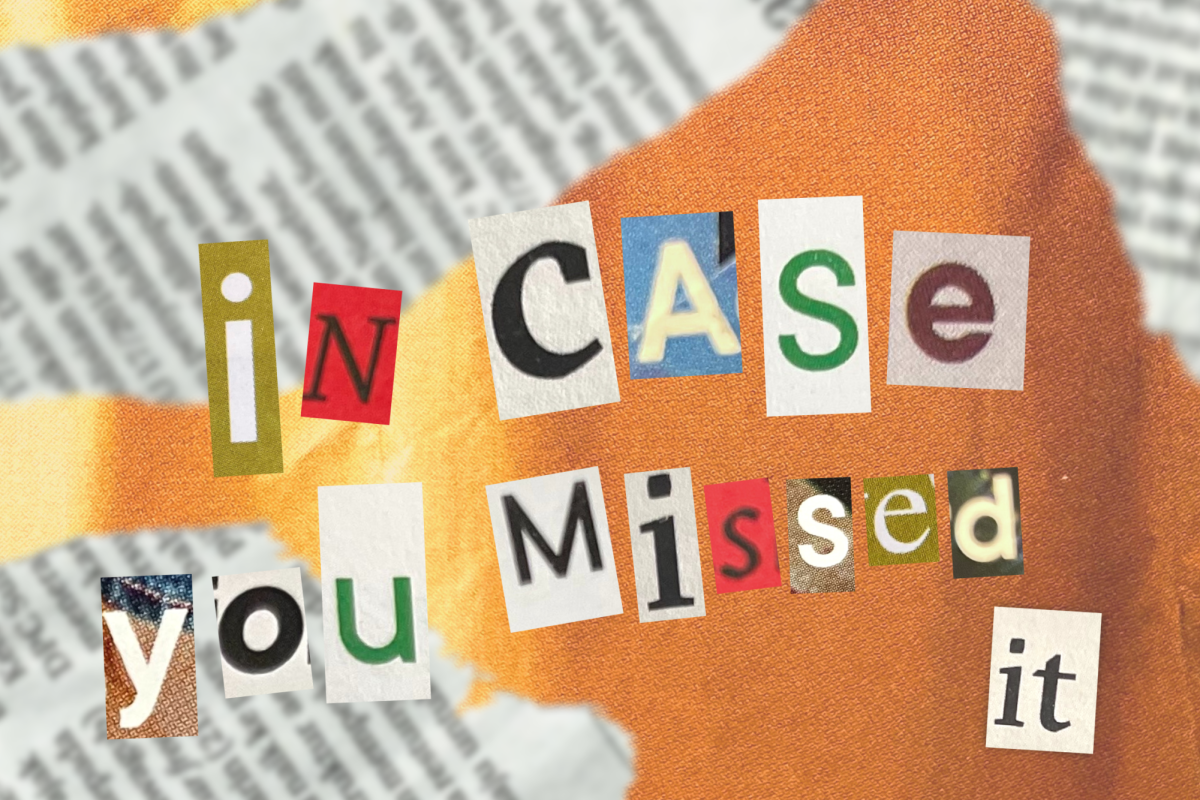

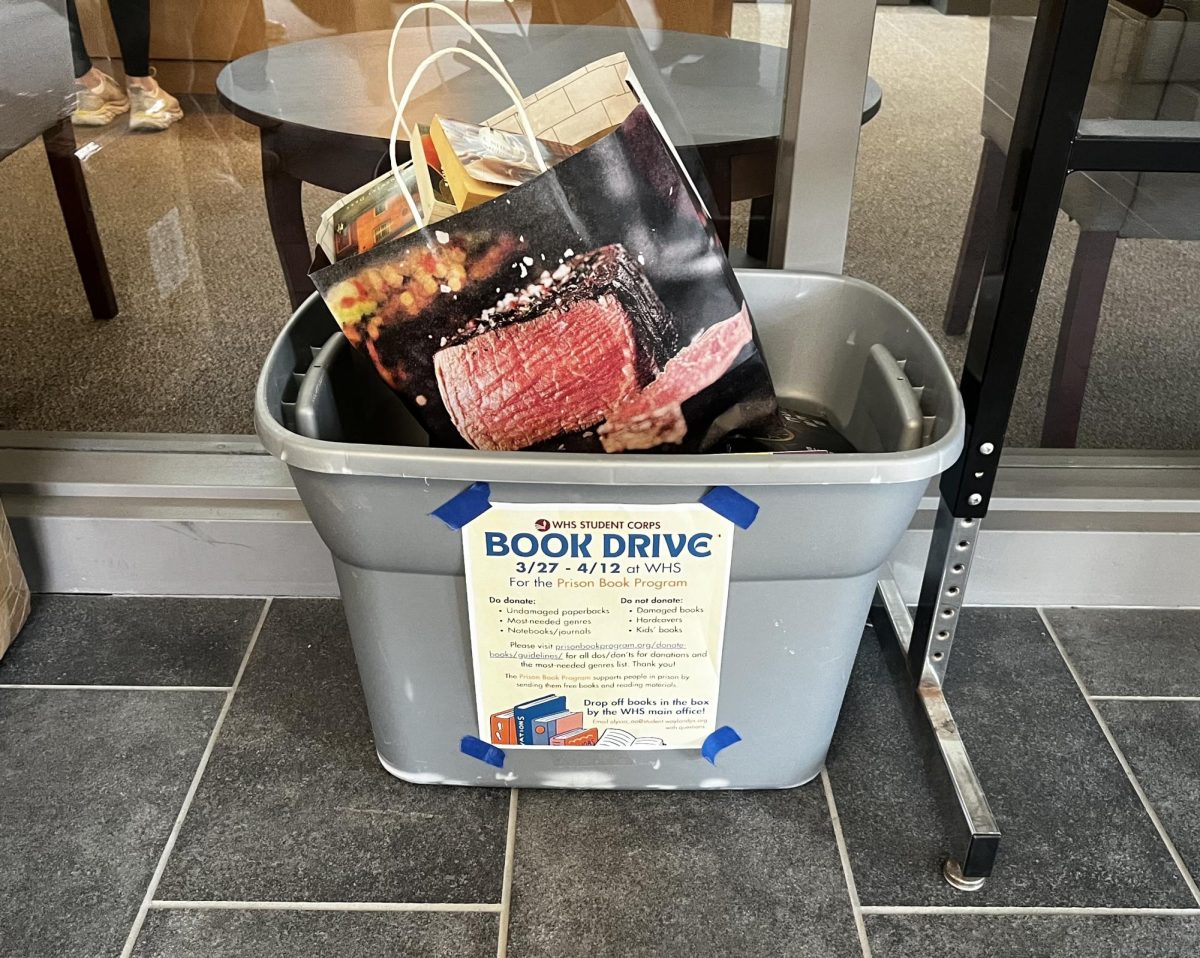










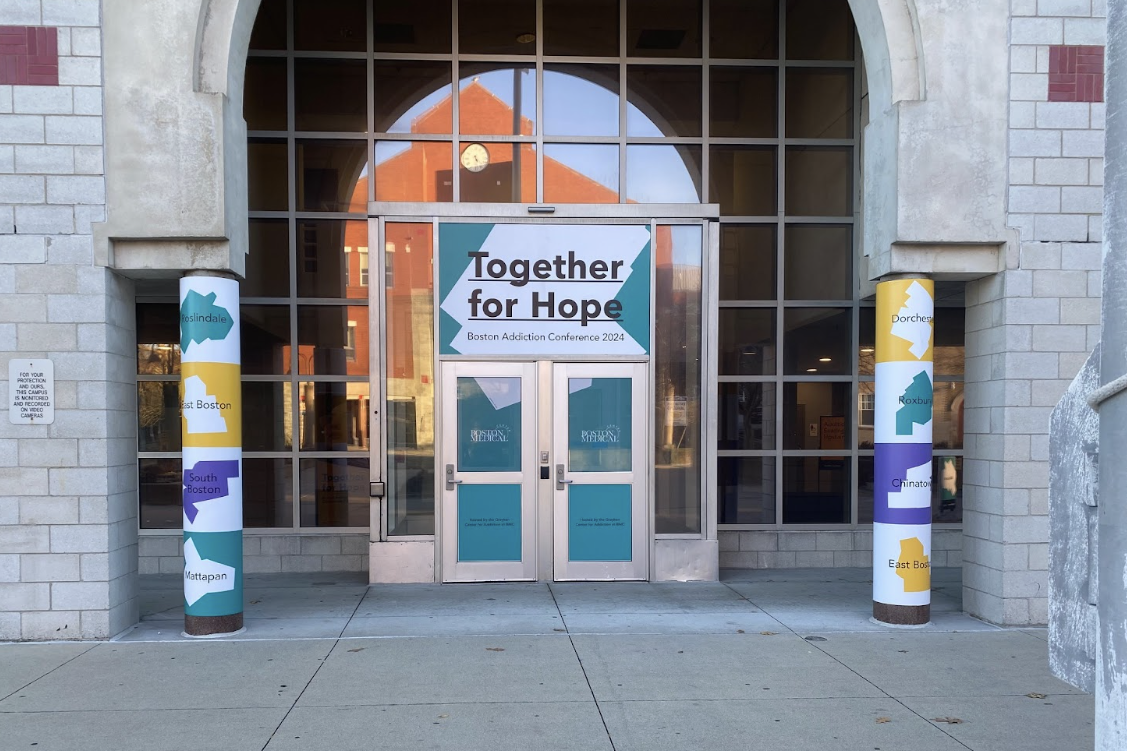















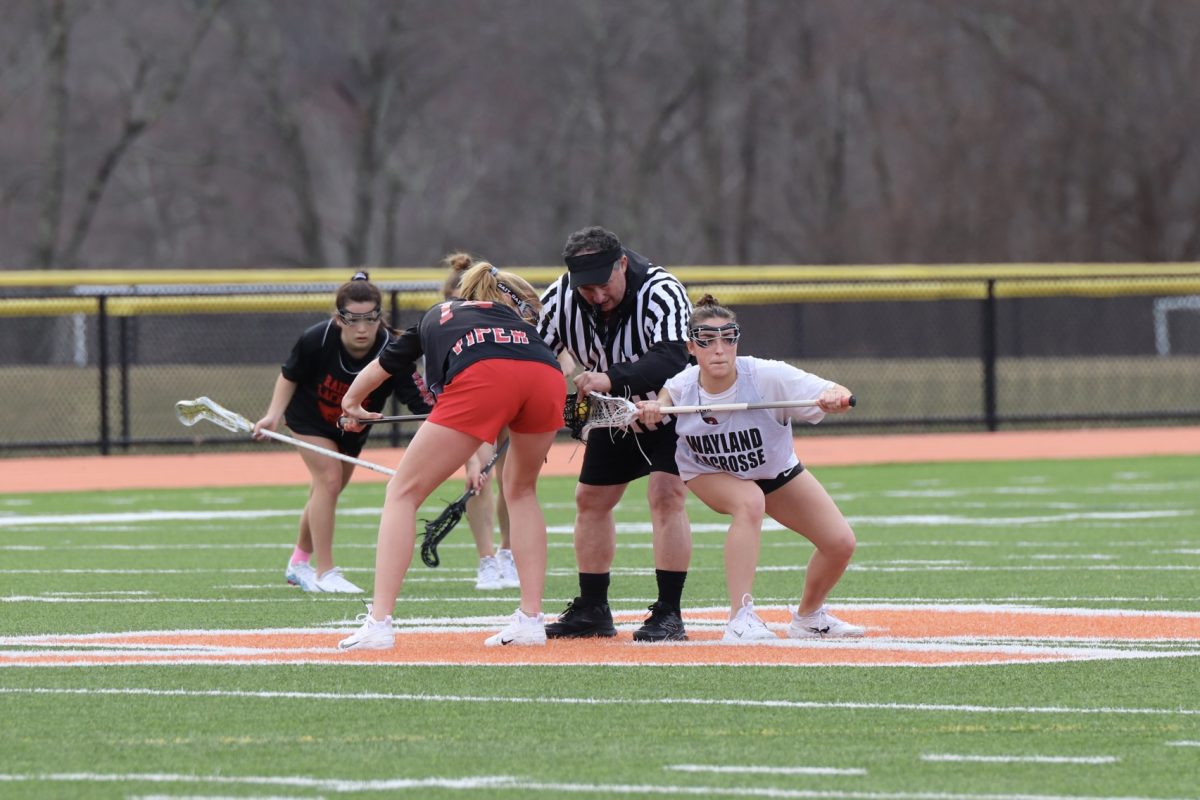










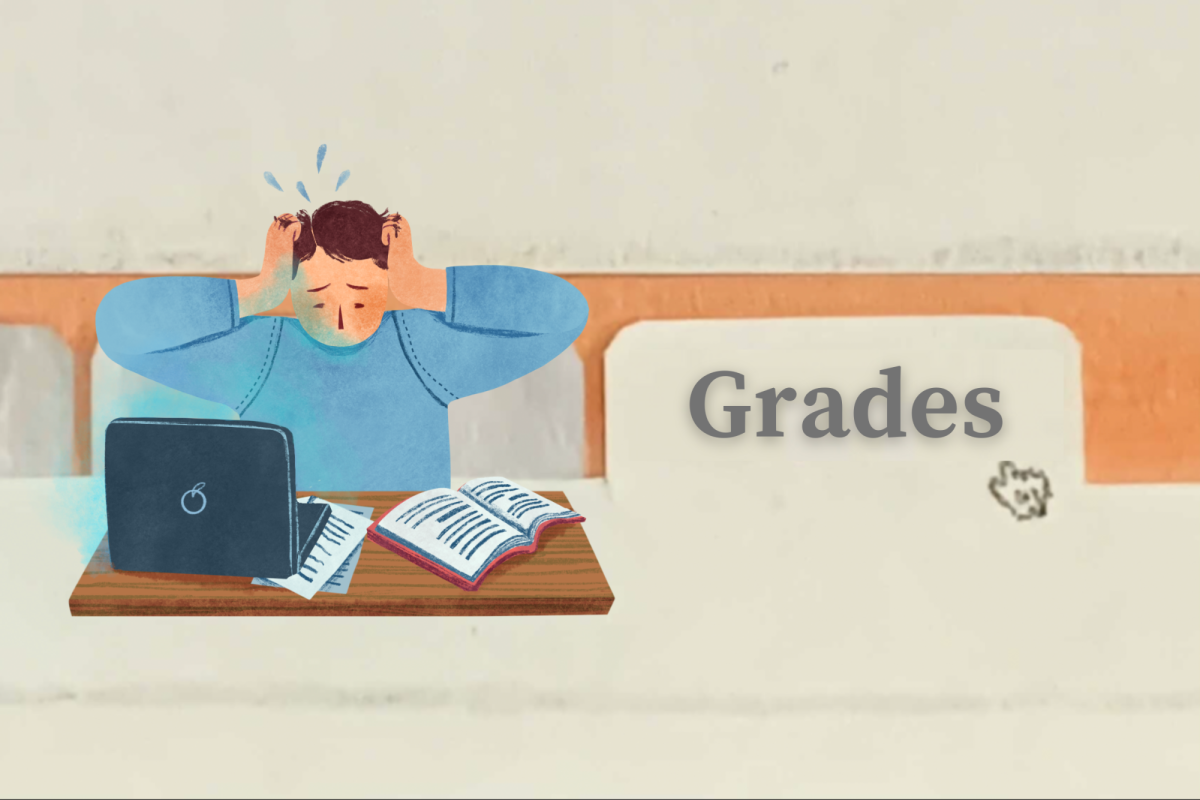






































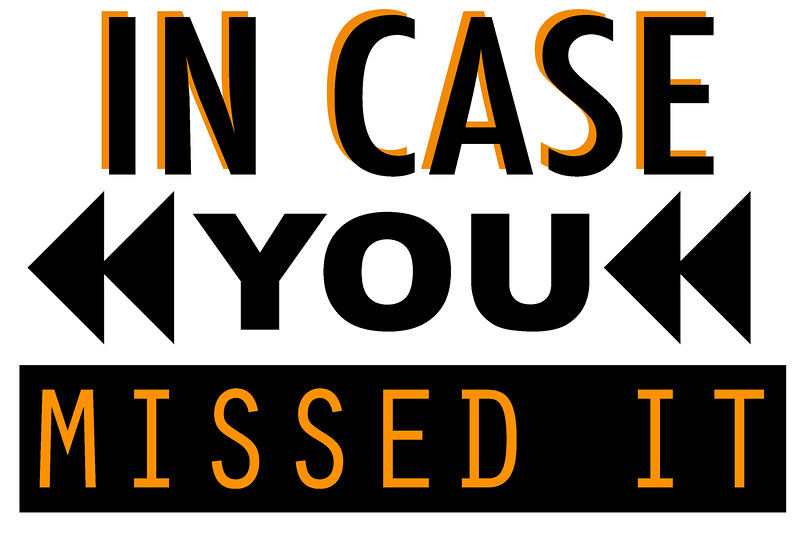



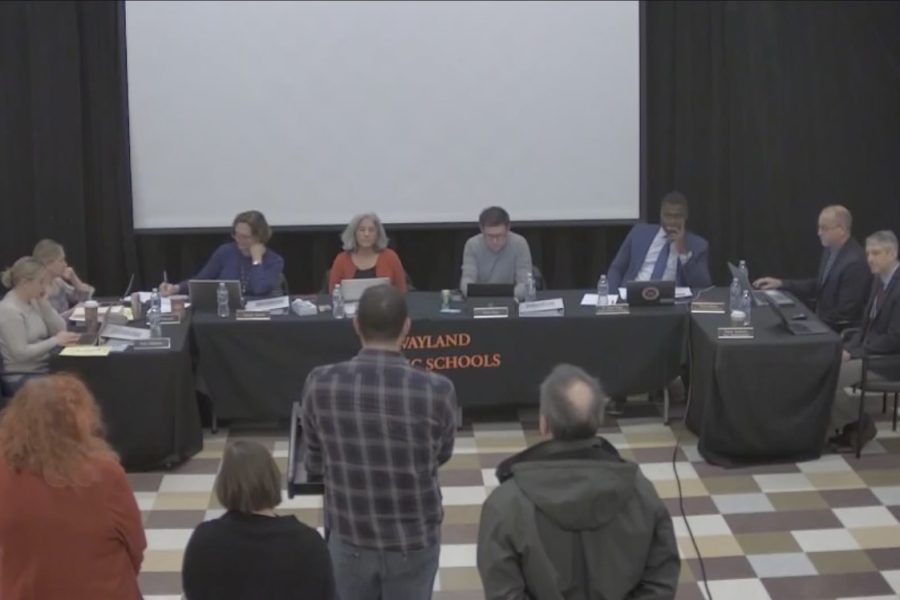
Thomas J • Dec 17, 2009 at 12:27 AM
“Would it behoove us to hold students responsible and take away a privilege if they were texting while driving out on Oxbow? Probably not. Let’s wait until the lawmakers say it’s illegal, and then we’ll process it”
Thats interesting. Leave it up to the lawmakers, yet it seems Tut and the administration believe they are entitled ,as a public school, to create some “form” of law regarding being in the presence of minors consuming alcohol. That is not illegal, but you will still face consequences. Why wait for lawmakers when its inside the bounds of the school, as educators? Answer: It is not. Neither is the new drug policy.
Why?: The administration justifies their “extent beyond 264 Old Connecticut Path” by means of education. Yet, this article fails to acknowledge that there a variations to education. If we didn’t have first-hand life education then we would have nothing to apply our second-hand school taught education to. The latter is no more important than the former and vice-versa. Combined, these types of educations can give us a more universal understanding.
My arguement is simple; the outcome of choosing to or not to attend a party, to or not to participate in drinking, to or not to drive while drunk will further your knowledge in life education which has no affiliation with school. The outcome could be a great time, or a tragedy but that is just the nature of reality.
interesting • Nov 30, 2009 at 10:45 PM
This article was very interesting, and I hope people will learn from the new policy
2010 • Sep 13, 2009 at 1:26 PM
.. I just read it. I have a question – where does this 45-89% statistic come from? I am almost certain that this number is too high. I hope it doesn’t come from the anonymous survey given to students in homeroom because in my experience, probably 45-89% of those surveys are completely bogus. Also, what exactly are the penalties concerning extra-curriculars (besides sports)? Would someone caught in violation of the policy be permanently removed or just suspended? and from what? clubs? performing groups? student government? the punishment is rather broad..
Dave Ryan • Sep 13, 2009 at 2:24 PM
@2010
The 45-89% statistic comes from the 2008 Wayland Youth Risk Behaviour Survey (the one given to students in homeroom).
I agree that the validity of the information can definitely be questioned, but as it’s the only information we have to go on, and it’s the information likely used in designing of the policy, I felt it important to include it in the discussion. The company that administers the survey does apparently attempt to remove the “bogus” or falsified survey results in their tabulation.
The penalties for the sports teams set out by the MIAA have been extended to encompass all clubs/groups at the high school, though as I understand it the administration handles the extra-curricular club penalties on a case-by-case basis, determining the punishments and penalties (I would expect the penalties to be quite similar to those set out by the MIAA for athlete chemical health policy violations).
Overdone • Sep 9, 2009 at 11:20 PM
This is simply too much. It’s overdone. Who on earth (not to mention high school kids) would really read such a looooong article on the Internet? Even before reading any part of this text, the sheer length of it makes me NOT want to read it. How unfortunate is that?
not overdone • Sep 10, 2009 at 10:11 PM
its lengthly but i don’t think it’s overdone, and not just high school kids read wspn
its all pretty relevant to the policy and i dont think it would have made sense to trim it